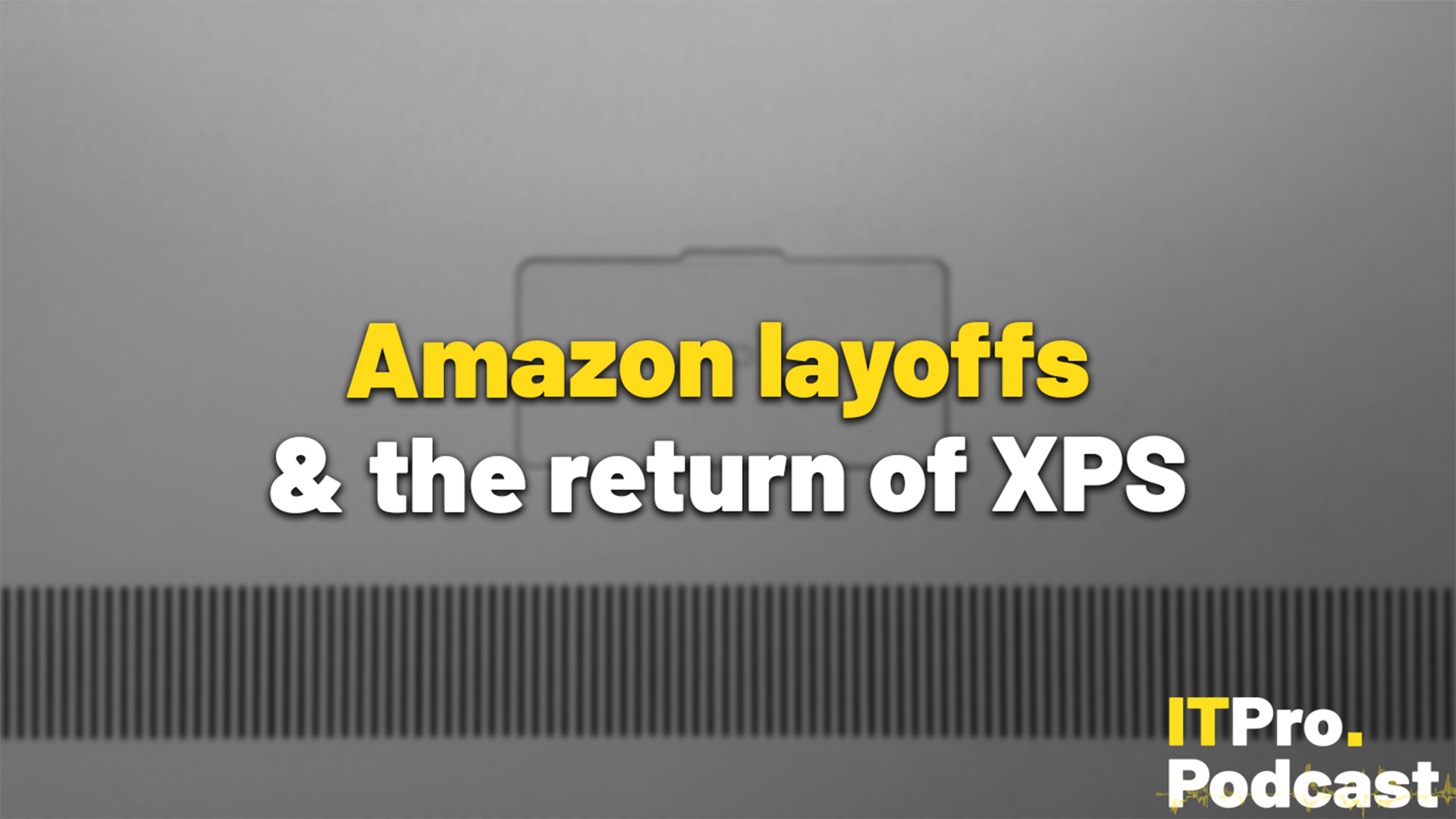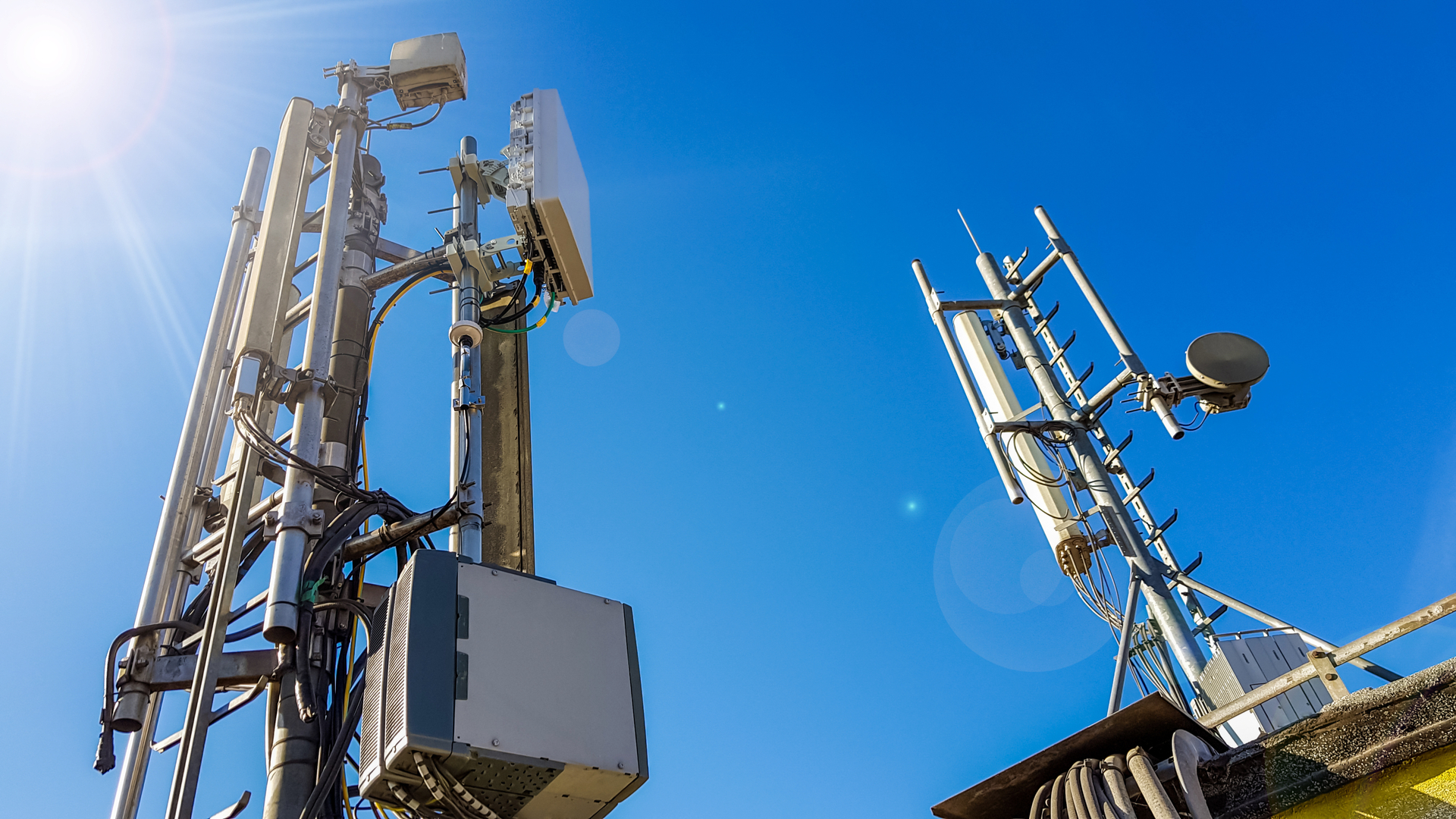Britons suffer slower than advertised broadband speeds
Findings from consumer rights group Which? suggest Britons are being short-changed when it comes to internet speeds.

British internet services regularly deliver slower speeds than advertised, according to consumer rights group Which?
The organisation surveyed 2,000 UK residents and found that 45 per cent had suffered slow speeds, and 60 per cent faced them frequently.
"The internet is an essential part of modern life, yet millions of us are getting frustratingly slow speeds and having to wait days to get reconnected when things go wrong," said Richard Lloyd, executive director of Which?.
"It's less superfast broadband, more super slow service from companies who are expecting people to pay for speeds they may never get."
Speed test website Ookla offered a different view, rating the UK's broadband performance positively. Its in-house consumer survey found British ISPs deliver speeds at 87.6 per cent of what they promise. This ranks ahead of the EU average (85.1 per cent).
Internet speeds are complicated by multiple factors outside of broadband connection. Web browsing depends on local and online traffic, server performance, the browser used, computer hardware, weather, malware, and router type and placement.
Which? went on to criticise ISPs for offering poor customer support. Its survey found that a quarter of people who lost their internet had to wait two days for the problem to be resolved. Ten per cent had to wait a week or longer.
Sign up today and you will receive a free copy of our Future Focus 2025 report - the leading guidance on AI, cybersecurity and other IT challenges as per 700+ senior executives
The group keeps a guide on its website for users to ask broadband providers to give them access to faster services or complain about poor service.
UK ISPs have got in to trouble in the past for making misleading claims about their connections. BT had to stop advertising its BT Infinity fibre broadband service when the Advertising Standards Authority ruled it was not eight times faster than the average overall speed.
Research from USwitch last year revealed no city in Britain had an average broadband speed that qualified as superfast. Even in major cities like London, existing connections consistently offered performance below what was advertised.
UK citizens want better internet. Findings from IET revealed that Britons would rather invest in faster broadband than airports or high-speed rails.
Prime Minister David Cameron has acknowledged the importance of faster connections, saying they would "provide a great boost for the economy and change the way many households, consumers and businesses use the internet."
-
 ITPro Podcast: Amazon layoffs and the return of XPS
ITPro Podcast: Amazon layoffs and the return of XPSITPro Podcast This year's tech layoffs have just begun, as Amazon sheds 16,000 workers in one go
-
 Notorious RAMP hacker forum seized by FBI
Notorious RAMP hacker forum seized by FBINews Billing itself as the “only place ransomware allowed", RAMP catered mainly for Russian-speaking cyber criminals
-
 Ofcom net neutrality update dismisses calls for big tech contributions
Ofcom net neutrality update dismisses calls for big tech contributionsNews Ofcom’s net neutrality stance has been criticized by some industry stakeholders
-
 UK 5G spectrum auction will finally go ahead this week
UK 5G spectrum auction will finally go ahead this weekNews The much awaited auction will involve companies bidding for frequency in two bands
-
 Almost one million Brits still suffer with appalling broadband speeds, Ofcom report finds
Almost one million Brits still suffer with appalling broadband speeds, Ofcom report findsNews A new Ofcom report reveals a massive 925,000 people are still on downloads speeds of less than 10Mbps
-
 ISPs now have 30 days to fix net speeds or face null contracts
ISPs now have 30 days to fix net speeds or face null contractsNews Ofcom confirms customers will soon be able to walk away if their service dips
-
 More than a million UK properties don't have access to 'decent' broadband speeds
More than a million UK properties don't have access to 'decent' broadband speedsNews Ofcom's Connected Nations report finds broadband is still lacking across 4% of the UK
-
 BT offers to invest up to £600m to provide universal high-speed broadband
BT offers to invest up to £600m to provide universal high-speed broadbandNews The company's offer would replace new regulation proposed by the government
-
 Ofcom caps EE and BT's spectrum bidding
Ofcom caps EE and BT's spectrum biddingNews Regulator will limit how much spectrum a single mobile operator can own
-
 Ofcom caps BT's Openreach prices
Ofcom caps BT's Openreach pricesNews Regulator limits the amount that rivals can be charged for leasing the company's superfast broadband